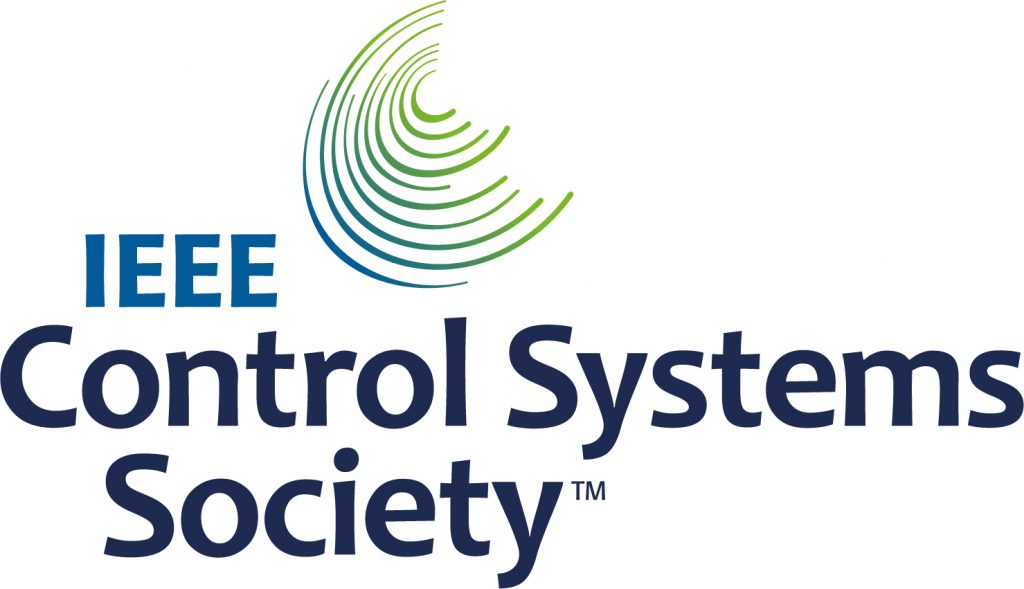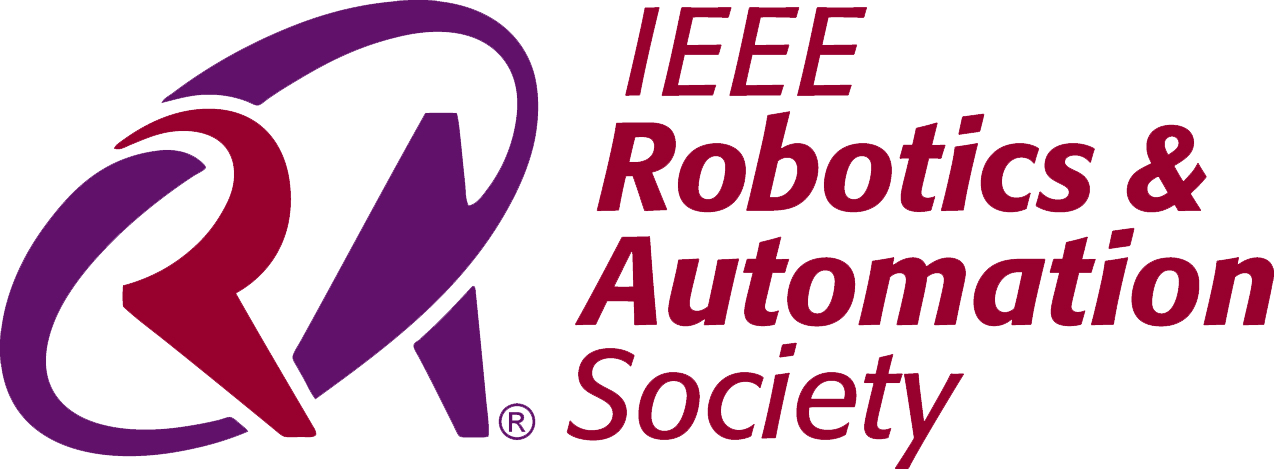Workshops and Tutorials
MED 2023 offers workshops and tutorials addressing current and future topics in the areas of intelligent systems, control, and automation, delivered by experts from academia, research institutes, and the industry. All MED 2023 Workshops and Tutorials will take place on Thursday, June 29, 2023.
Available Workshops
Workshop 1
Title: Workshop on Adaptive Control to Intelligent Transportation Systems in Celebration of Prof. Petros Ioannou’s 70th Birthday.
Organizers:
– Jing Sun, Affiliation: Department of Naval Architecture and Marine Engineering University of Michigan Ann Arbor, MI, USA
– Marios Polycarpou, Affiliation: Department of Electrical and Computer Engineering KIOS Research and Innovation Center of Excellence University of Cyprus, Nicosia, Cyprus
Workshop 2
Title: Workshop on Indoor Environmental Quality (IEQ) Monitoring and Control for Smart Buildings
Organizers:
– Alexis Kyriacou, Affiliation: LELANTUS Innovations Ltd, Nicosia, Cyprus
– Michalis Michaelides, Affiliation: Department of Electrical Engineering, Computer Engineering and Informatics, Cyprus University of Technology, Limassol, Cyprus
Abstract: One of today’s greatest problems is the quality of the air we breathe, both outdoors and indoors, and especially in high occupancy public and commercial buildings. According to WHO and the Global Health Observatory, approximately 7 million people die each year from exposure to poor air quality conditions. At the same time, there is a significant lack of infrastructure and active solutions for the monitoring of indoor environment and the generation of actionable insights in terms of impact on occupants’ health. An interesting notion is that the mortality rate of COVID-19 could have been far lower, and the annual welfare losses (~€600 billion) across EU countries could have been significantly reduced if measures were already in place for the monitoring and control of the IAQ conditions. Such measures would have achieved a low transmissibility level of the virus in high occupancy, high risk indoor spaces. To tackle this problem, it is essential to implement a multidisciplinary approach that combines the areas of exposure science, environmental monitoring, machine-learning based monitoring and event diagnosis, ICT and real domain challenges.
Workshop 3
Titlte: Cybersecurity for Electrical Power and Energy Systems (EPES)
Organizers:
– Irina Ciornei, Affiliation: KIOS Research and Innovation Center of Excellence University of Cyprus, Nicosia, Cyprus
– Christos Laoudias, Affiliation: KIOS Research and Innovation Center of Excellence University of Cyprus, Nicosia, Cyprus
– Maria K. Michael, Affiliation: Department of Electrical and Computer Engineering KIOS Research and Innovation Center of Excellence University of Cyprus, Nicosia, Cyprus
Abstract: Smart technologies, which incorporate advanced communication and information technologies, are currently playing a vital role in many of the operations of the Electrical Power and Energy ystems (EPES). The monolithic vertical model of such systems was progressively transformed into new, decentralized model with multiple stakeholders and actors and with recognized benefits for this energy vertical, such as adoption of sustainable distributed renewable power generation, pervasive control, remote monitoring, and self-healing, among many others. However, the growing number of cybersecurity incidents in EPES promotes the need for shielding against a variety of threats, ranging from cyberattacks, dynamic and evolving Advanced Persistent Threats (APTs), and privacy violations, to electricity disturbances and severe human errors caused by lack of relevant training. The diverse threats that modern EPES are facing requires an integrated and holistic approach for continuously assessing the dynamic EPES environment while ensuring compliance with the latest cybersecurity standards.
Workshop 4
Title: STC 4.0 HP – New Generation of Stoneware Tableware in Ceramic 4.0 by High Pressure Casting Robot work cell
Organizers:
– José A. Gonçalves, Affiliation: Research Centre in Digitalization and Intelligent Robotics (CeDRI), Instituto Politécnico de Bragança, Campus de Santa Apolónia, 5300-253 Bragança, Portugal
– António Pereira, Affiliation: Department of Computer Science, Polytechnic Institute of Leiria, Portugal
Abstract: The workshop presentations have the goal of disseminating the results of a research project that had as goal to introduce new methodologies and technologies in the traditional sector of Ceramics. The referred project aimed to establish the production conditions that will allow GRESTEL to worldwide launch a range of innovative products in fine stoneware tableware as a result of the combination of different Ceramics 4.0 technologies of the industrial value chain. The project consortium is composed by an industrial company GRESTEL – PRODUTOS CERÂMICOS S.A, by two entities of the scientific Portuguese system, the Polytechnic institute of Bragança (IPB) and the Polytechnic institute of Leiria, and also the Research Group from Limerick School of Art & Design of the Limerick Institute of Technology (Ireland). The described workshop will have the participation of the referred project partners, that will, not only discuss the obtained results, but will also launch the foundations for future work.
Workshop 5
Title: Workshop on Control and Cybersecurity in Connected and Autonomous Vehicles
Organizers:
– Taesang Choi, Affiliation: Electronics and Telecommunications Research Institute (ETRI)
– You-Jun Choi, Affiliation: Korea Automotive Technology Institute (KATECH)
Abstract: Nowadays, vehicles are becoming safer, smarter, and “greener” through connectivity, Artificial Intelligence (AI), and Machine Learning (ML), while cybersecurity aims for more sustainable safer roads with zero fatality. This is recognized by the European Commission that has awarded a number of projects through the European Connected, Cooperative & Automated Mobility (CCAM) partnership. For instance, the H2020 CARAMEL project developed advanced control and cybersecurity solutions for the new generation of vehicles including (i) autonomous cars, (ii) 5G connected vehicles (iii) electromobility and (iv) remote control vehicles. The project applied a proactive method based on AI and ML techniques to mitigate cybersecurity-originated safety risks on roads. Considering the entire supply chain, CARAMEL developed innovative anti-hacking intrusion detection/ prevention systems for the European automotive industry. In addition, enabling technologies and ML/AI-based techniques were developed to detect and mitigate cyber threats to future mobility, in particular, an innovative distributed PKI infrastructure, AI-based context-rich and context-aware solutions, holistic solutions based on the fusion of multiple data sources, and a backend system to support mobility actors like road infrastructure operators, traffic managers, etc. This workshop aspires to disseminate the latest R&I results regarding control and cybersecurity in Connected and Autonomous Vehicles stemming from the CARAMEL and other related EU-funded projects and trigger inspiring discussions among researchers, experts, and practitioners in this field.
Available Tutorials
Tutorial 1
Title: A Review of Wireless Positioning Techniques and Technologies: From Smart Sensors to 6G
Organizers:
– Constantina Isaia, Affiliation: Department of Electrical Engineering, Computer Engineering and Informatics, Cyprus University of Technology, Limassol, Cyprus
– Michalis Michaelides, Affiliation: Department of Electrical Engineering, Computer Engineering and Informatics, Cyprus University of Technology, Limassol, Cyprus
Abstract: In recent years, tremendous advances have been made in the design and applications of wireless networks and embedded sensors. The combination of sophisticated sensors with wireless communication has introduced new applications, which can simplify humans’ daily activities, increase independence, and improve quality of life. Although numerous positioning techniques and wireless technologies have been introduced over the last few decades, there is still a need for improvements, in terms of efficiency, accuracy, and performance for the various applications. Localization importance increased even more recently, due to the coronavirus pandemic, which made people spend more time indoors. Improvements can be achieved by integrating sensor fusion and combining various wireless technologies for taking advantage of their individual strengths. Integrated sensing is also envisaged in the coming technologies, such as 6G. The primary aim of the proposed tutorial is to discuss and evaluate the different wireless positioning techniques and technologies available for both indoor and outdoor localization. This, in combination with the analysis of the various discussed methods, including active and passive positioning, SLAM, PDR, integrated sensing, and sensor fusion, will pave the way for designing the future wireless positioning systems. The presented material will largely rely on a recently published review article by the same authors in the MDPI Signals Journal.




